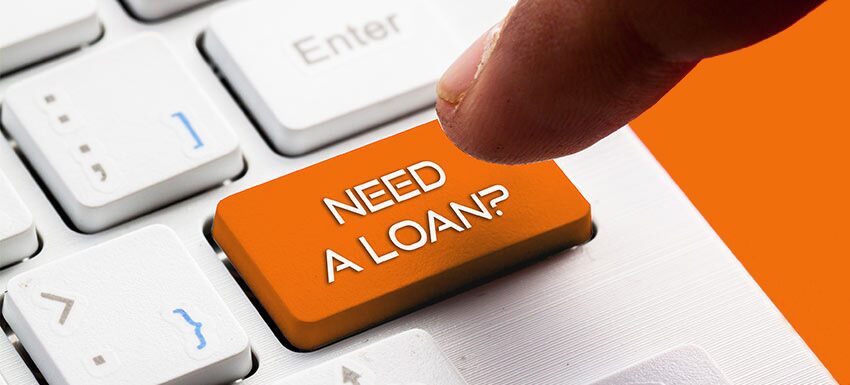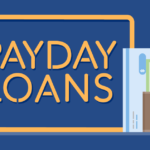The term “payday loan” refers to a short-term loan that can be used to address short-term cash demands until your next paycheck arrives. These small-dollar, high-cost loans frequently have annual percentage rates (APRs) in the triple digits, and payments are usually due in two weeks—or as close as possible to your next paycheck. Payday loans are not for those who are easily intimidated. They can be tough to pay back and, if you’re not careful, they could eventually cost you significantly more than you anticipated. Before you ask for one, it’s crucial to understand what you’ll receive and what will be expected of you in exchange for it.
What is the procedure for obtaining a payday loan?
Payday loans near me operate in a distinct manner from personal loans and other consumer loans. Depending on your location, you may be able to obtain a payday loan either online or through branch of a payday lender. Varied states have different regulations governing payday loans, with some restricting the amount you can borrow and others limiting the amount of interest and fees that can be charged by the lender. Payday loans are prohibited in some states entirely.
If you are authorized for a payday loan, you will either receive cash or a cheque, or the money will be placed into your bank account as soon as possible. Once you’ve received your loan, you’ll be required to repay it in full, plus the finance fee, by the loan’s due date, which is normally within 14 days or by the date of your next paycheck. Payday loans are subject to a financing fee, which is calculated based on the amount of money you borrow. Because payday loans have shorter payback durations, these fees result in a high annual percentage rate (APR). According to the Consumer Federation of America, the annual percentage rate on payday loans is typically 400 percent or higher.
Payday loans are taken out by approximately 2.5 million American households each year, according to The Economist, despite the exorbitant charges. There are a few factors contributing to this widespread acceptance. One reason is that many people who rely on payday loans do not have access to alternative sources of financing. They may have low credit or no income, which can make it difficult for them to qualify for a personal loan with favorable terms.
Another possible explanation is a lack of understanding about or fear of available alternatives. For example, some people may be uncomfortable enlisting the help of family members or friends in their time of need. Furthermore, while there are alternatives to payday loans, they are not always easy to come by. Due to the ease with which payday loans can be obtained, they are frequently used. According to the Consumer Financial Protection Bureau, there were more payday lender stores in 36 states in 2015 than there were McDonald’s restaurants in all 50 states combined (CFPB).
Payday lenders have little prerequisites for acceptance, which makes them attractive to consumers. Most lenders do not conduct a credit check on borrowers or even require that they have the financial means to repay the loan. In most cases, all you need is identity, a bank account in reasonably good standing, and a consistent source of income.



